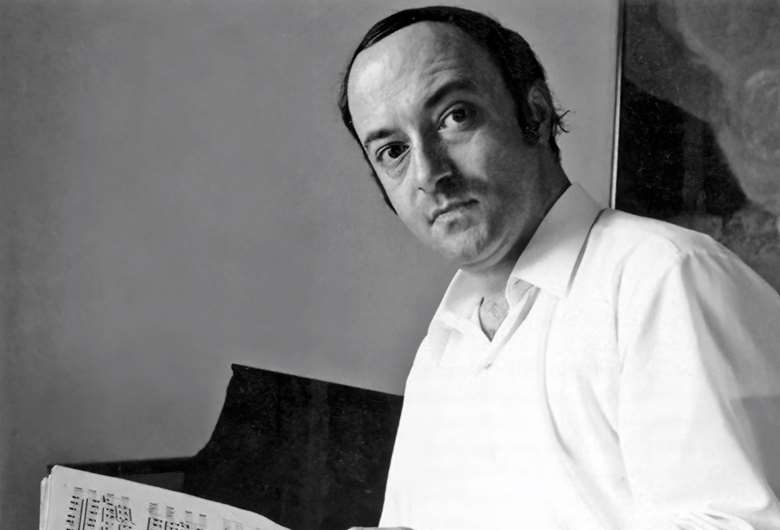We pay tribute to pianist Michael Ponti
Jeremy Nicholas
Tuesday, October 18, 2022
Born October 29, 1937; died October 17, 2022

Register now to continue reading
Thanks for exploring the Gramophone website. Sign up for a free account today to enjoy the following benefits:
- Free access to 3 subscriber-only articles per month
- Unlimited access to our news, podcasts and awards pages
- Free weekly email newsletter








